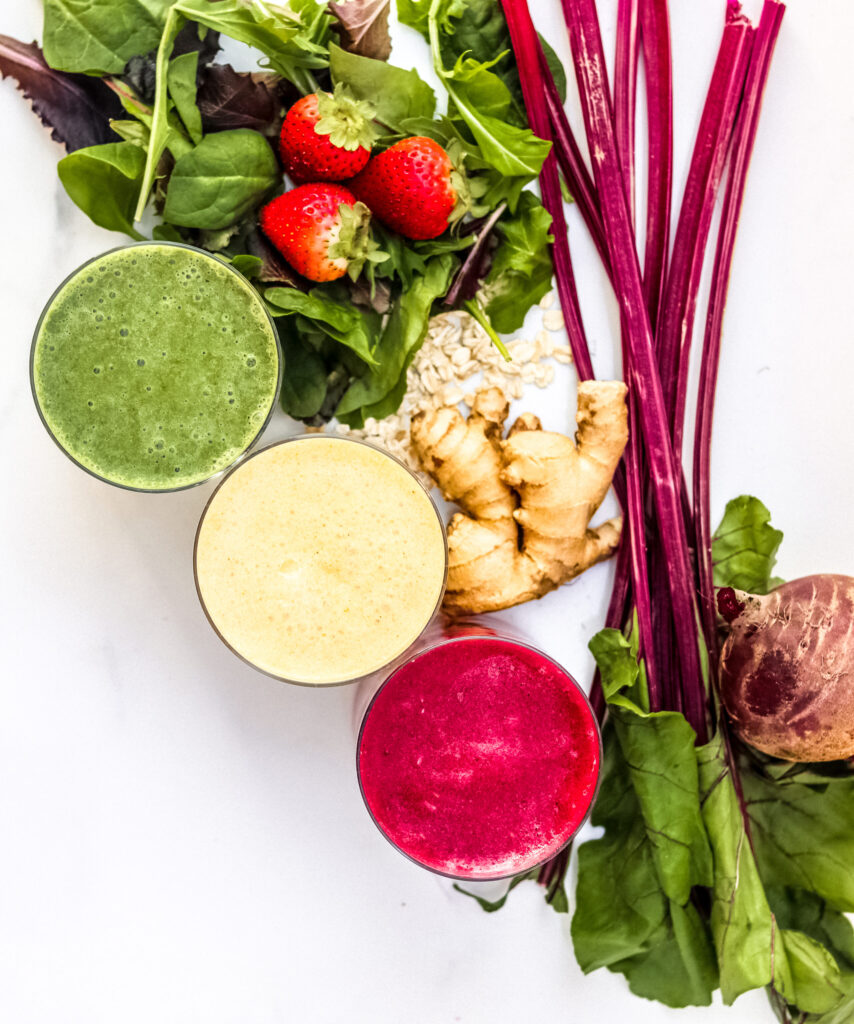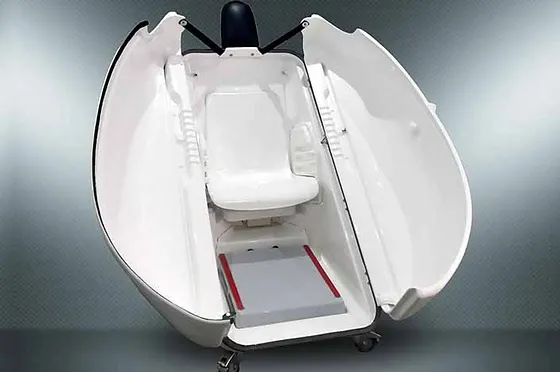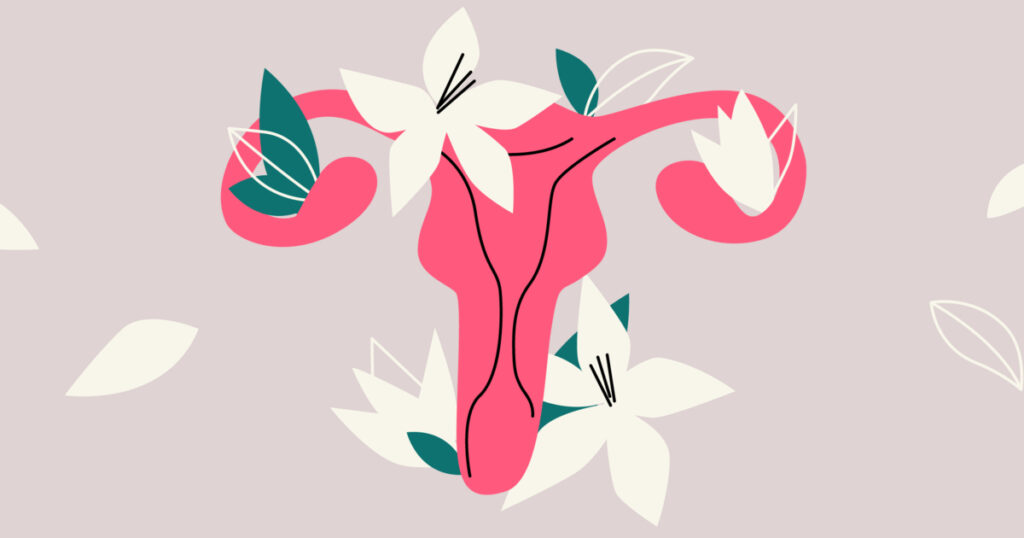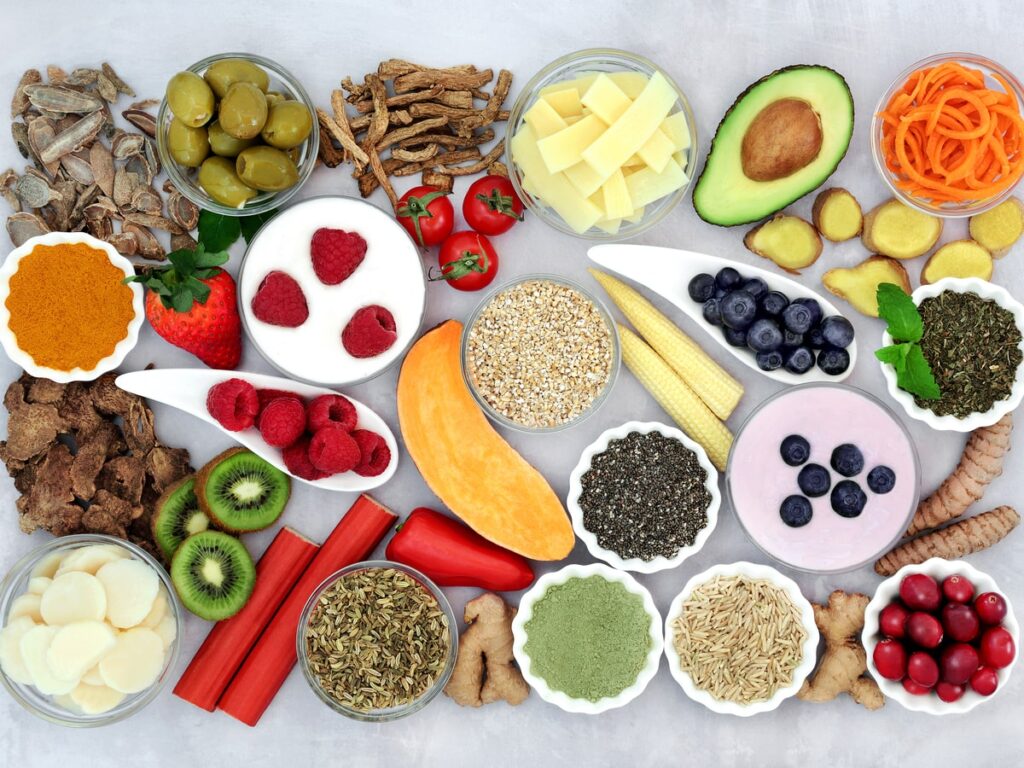After the physically demanding process of egg retrieval in your IVF journey, it’s crucial to provide your body with the right nourishment to support recovery and overall well-being. In this post, we’ll explore the types of foods and a balanced diet that can aid your body in getting back on track post-retrieval.
Hydration and Replenishment: In the period after IVF egg retrieval, hydration is essential. Staying well-hydrated helps flush out toxins and supports your body in replenishing fluids lost during the procedure. Consider hydration options like coconut water and fruit-infused water, which not only provide fluids but also essential vitamins and minerals.
High Antioxidant Foods: Antioxidants are your body’s best friend post-retrieval. They help reduce inflammation, promote tissue healing, and support your immune system. Berries, such as strawberries, blueberries, blackberries, and raspberries, are rich in antioxidants. Bell peppers of various colors (orange, yellow, red, and green) are also packed with these beneficial compounds. Don’t forget cauliflower and broccoli, which come in an array of colors, offering a variety of nutrients.
Fiber for Nourishment: High-fiber foods are your allies in the recovery process. They promote digestive health and provide steady energy. Incorporate black beans, artichokes, and pears into your diet. Black beans can be added to gluten-free sweet potato black bean burgers, artichokes in a Mediterranean pasta salad, and pears as a refreshing snack.
Electrolyte Balance: Post-retrieval, maintaining electrolyte balance is crucial to prevent fluid accumulation in your abdomen and support recovery. Including sodium-rich foods in your diet can help achieve this balance.
Protein Power: Lean protein sources like chicken, fish, tofu, and legumes provide essential amino acids necessary for tissue repair and muscle recovery.
Complex Carbohydrates: Opt for complex carbs such as whole grains, brown rice, and quinoa. These carbohydrates provide lasting energy and are essential for replenishing glycogen stores.
Fruits and Vegetables: Load up on a variety of fruits and vegetables rich in vitamins, minerals, and antioxidants. They can help reduce inflammation and boost your immune system, aiding in a faster recovery.
Healthy Fats: Incorporate sources of healthy fats like avocados, nuts, and seeds. These fats support hormone production and aid in nutrient absorption, crucial for the post-retrieval recovery process.
Foods Rich in Iron and Folate: Include leafy greens, beans, and fortified grains to boost your iron and folate levels, supporting red blood cell production and overall energy levels.
Essential Nutrients: Consume foods rich in essential nutrients like vitamin C, vitamin D, and calcium. These nutrients are vital for bone health, immune function, and overall well-being.
Mindful Eating: Practicing mindful eating can help you tune in to your body’s needs and promote a healthy relationship with food. Listen to your body’s signals and eat when you’re hungry, choosing nourishing options that support your recovery.
Limit Caffeine and Alcohol: Reduce your intake of caffeine and alcohol as these substances can potentially interfere with hormone levels and overall recovery.
Rest and Recovery: Alongside a nutrient-rich diet, prioritize ample rest and sleep to aid your body in the healing process. Allow yourself the time to recuperate and recharge.
Remember, the post-egg retrieval phase is a critical time for your body. Providing it with the necessary nutrients and care can contribute to a smoother recovery and set the stage for a healthy, successful pregnancy journey ahead. If you have any specific dietary concerns or conditions, it’s always best to consult with your healthcare provider for personalized guidance and support. Your well-being is paramount, and nourishing your body post egg retrieval is an essential step in your fertility treatment process.
Disclaimer: The information provided in this blog post is intended for general guidance and informational purposes only. It is not a substitute for personalized advice from a healthcare professional, fertility specialist, or registered dietitian. Dietary needs and recovery processes can vary widely among individuals, and it’s essential to consult with a healthcare provider for tailored recommendations that consider your specific circumstances, medical history, and dietary preferences. Any dietary changes should be made in consultation with a qualified healthcare professional to ensure they align with your overall health and well-being. Your journey to recovery and fertility is unique, and professional guidance is crucial for the best possible outcomes.





